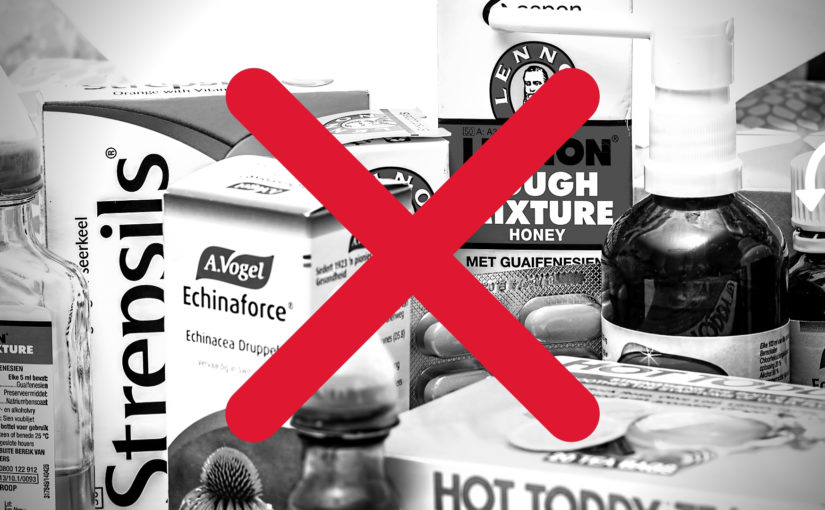Stress is our biological and physiological response to a threating situation. Our body reacts to stress by breathing shallower and faster, increasing our heart rate and tightening muscles.
This is the body kicking into survival mode, otherwise known as the fight or flight response.
Basically, the brain recognizes a stressor, a trigger and sends signals out, releasing hormones to prepare the body for quick action. Fight Or Flight.
What causes stress?
Stress triggers; and responses are different for every individual. A major part in how each of us respond and feel about situations is due to our past experiences.
These experiences dictate how we resond to stress and how we percieve situations. Our perception then influences how we think and feel about our ability to handle these situations. And if we think and feel that we cant then it triggers a stress response. A fight or flight reaction.
This fight or flight reaction prepares us for logical thinking and quick action. It happens within a blink of an eye and is our hardwired intinct to survive.
Although useful for our ancestors, it’s rarely called for this day and age. I mean there arn’t many animals lurking in my backyard, waiting to make a meal of me. In otherwords, threats of our time simply are not the same.
Sure in an emergency situation the fight or flight response serves us well. And in these instances it is a positive mechanism, however, these incidents are rare.
Most of our daily stressors do not require for us to be on such high alert.
What happens inside us when we feel stress?
- First, there is a stimulus, a threat or demand.
- If the situation is perceived to be stressful, part of the brain called the (Hypothalamus) triggers a response.
- Then the hypothalamus sends a signal to the pituitary gland.
- The pituitary gland secretes a hormone ACTH (adrenocorticotropic).
- ACTH travels through the blood to the Adrenal glands.
- And the Adrenal glands secrete Cortisol.
- Cortisol is a steroid hormone when in the right amounts regulates many processes in the body. It regulates metabolism, immunity and helps the body to deal with stress.
- The Cortisol then causes the liver to flood the body with stored glucose ready to use for energy.
- The cortisol also inhibits insulin production, so the glucose isn’t stored, it’s left floating around in the blood stream ready for use.
- Inflammation occurs as well as increased production of cholesterol.
- The arteries are narrowed, blood pressure is increased, and the heart rate increases ready for quick action.
- The lungs work harder oxygenating the increased blood flow, so the breath becomes faster and shallower.
- Muscles tighten as a guarding/ protective mechanism against attack.
- The immune system is ramped up along with blood clotting agents to thicken the blood. Ready to protect against blood loss and infection.
- The digestive system slows down as blood is diverted away from all systems not required in the fight or flight response.
And… We are prepared to run for our lives or stand and fight!
This cascade of events associated with the fight or flight stress response happens without our conscious control. In addition it occurs within a blink of an eye.
Short-term stress is fine and has been found to have no ill effect. It simply prepares us for situations that require us to be more alert. After an isolated stress event, our systems quickly return to a state of balance (homeostasis).
However when we are in a constant state of stress the body can not return to homeostasis. When this happens our body has no way of resetting and regulating our systems problem’s arise.
How bad really is long term stress for us?
Long-term stress is a chronic issue that has devastating effects. It can lead to many adverse health issues. Making you cranky, tired, short tempered and prone to illness. The physical illnesses are the real concern.
While the fight or flight response is necessary for emergency situations. The nervous system has a hard time distinguishing a real threat from emotional stress.
This automatic response is the same whether the stressor is being stuck in traffic, meeting deadlines or in actual danger.
What does it all mean for my your health?
- Glucose: High blood sugar levels long term can lead to diabetes.
- Cholesterol: High levels of cholesterol in the bloodstream stick to the artery walls. It narrows them and increases the risk of heart disease, stroke and other problems.
- Blood Pressure: High blood pressure can lead to heart disease and stroke.
- Thick blood: Blood clots form easier increasing the risk of Heart attack, stroke, pulmonary embolism, aneurysm and deep vein thrombosis.
- Tight Muscles: Hyperstimulated muscles that are constantly tight cause headaches, pain and postural problems. These can lead to many other secondary conditions and injuries.
- Suppressed digestion: Suppressed digestion can lead to all sorts of GI disturbance. Like constipation and ulcers as well as poor nutrient absorption.
- Immune system: Stress leads to increased immunity short term. However long term the overstimulation weakens a person’s ability to fight off illness and infection.
- Mental Health: Long-term stress leads to depression, anxiety, and social isolation.
As you can see Longterm stress is really dangerous to your health, and this list is not exhaustive.
So, the old saying “Calm down or you will give yourself a heart attack” really has some science behind it.
What can you do?
As you can see stress really has so many ill effects on our mental and physical well being. However the good news is along with our fight or flight response we also have a relaxation response.
And that is something we can control.
Below are some ways we can encourage relaxation states.
Exercise
Exercise helps counteract the effects of stress. Improves cardiovascular health and lowers blood pressure. Also helps to reduce weight and releases endorphins (hormones) that promote positive feelings.
Not to mention it gets your muscle moving which is benificial for many pain conditions.
Doing what you love
Doing activities that you love tends to draw you in, and the worries of the world dissapate . This distraction gives you downtime that your body needs to reset and regulate.
It allows a change in mood and a fresh, positive perspective.
Massage
Massage’s have a calming, relaxation effect on the body and nervous system. Leading to stimulation of the parasympathetic nervous system which automatically reduces stress.
Also massage mechanically relieves muscle aches and pain.
Chemically reduce’s cortisol, and releases endorphins, serotonin and dopamine. (The good neurotransmitters that send feel-good signals to the brain)
Meditate
Although this isn’t an easy one for a lot of people the benefits in reducing stress are undeniable.
The ability to focus and redirect your thoughts allows you to gain control, of your thoughts and your mood.
Similarly, It lessens anxiety, improves sleep, heightens concentration and so much more.
Start with just 5 Minutes a day. Why not give it a go.
Sleep
Don’t underestimate the power of a good night’s sleep. When we sleep our body repairs. Sleep allows our brain to consolidate the day’s information and file/remember what is relevant and useful.
Sleep is also crucial for brain activity and coping skills. Quality, undisturbed sleep improves our brain’s ability to learn an adapt to new stimuli (neuroplasticity).
All the above are amazing tools to reduce stress and by no means are they exhaustive. There are plenty of other techniques you can utilize to reduce your stress levels. So you can cope with daily nuisances easier.
Learning to find ways to combat stress is critical for good health. As you practice them, you become better equipt to deal with what is thrown your way.
Taking time for yourself and finding what works is not selfish! It’s setting you up for a healthier, calmer lifestyle. This benefits not only you but all who surround you.
So the bottom line is, while we are not able to avoid stress altogether we do have the power to implement changes.We can gain control of our emotional state and be proactive rather than reactive.
Good luck, take time, breath deeply, be patient and smile often.
Thanks for reading, I hope you have found this article to be useful.
If you have any questions or would like to book in a Myotherapy or massage session you can contact me via the below information.

